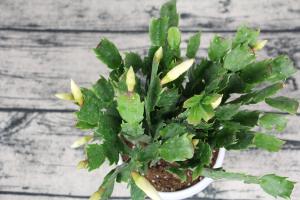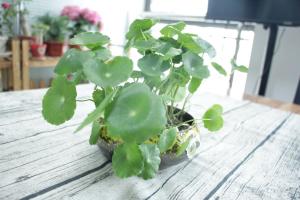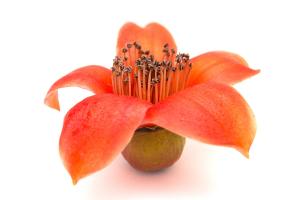Should You Put Epsom Salt Around Tomato Plants?
Tomatoes are one of the most popular vegetables to grow at home, and for good reason. They're delicious, versatile, and incredibly rewarding to harvest. But growing tomatoes can be tricky, especially if you're not familiar with the best practices. One question that often comes up is whether or not you should put Epsom salt around tomato plants. In this article, we'll take a look at the pros and cons of using Epsom salt on tomatoes, and help you decide whether or not it's right for your plants.
What is Epsom Salt?
Epsom salt, also known as magnesium sulfate, is a naturally occurring mineral compound that is often used in gardening. It's particularly popular among organic gardeners, who appreciate its effectiveness and natural properties. Epsom salt is made up of magnesium, sulfur, and oxygen, and is widely available at garden centers and online retailers.
How Does Epsom Salt Affect Tomato Plants?
Epsom salt is believed to have several beneficial effects on tomato plants. One of the main benefits is that it can help to improve the plant's nutrient uptake. Magnesium, which is a key component of Epsom salt, is an essential nutrient for plants. By adding Epsom salt to the soil, you can improve the plant's ability to absorb magnesium, which can help to promote healthy growth and development.
In addition to improving nutrient uptake, Epsom salt is also believed to help prevent and treat certain plant diseases. It can help to prevent blossom end rot, a common problem that causes the bottoms of tomatoes to turn black and become mushy. It may also help to prevent other diseases, such as leaf curl and yellowing.
How to Use Epsom Salt on Tomato Plants
If you decide to use Epsom salt on your tomato plants, it's important to do so correctly. Here are the basic steps:
Dilute the Epsom salt in water. Mix 2 tablespoons of Epsom salt in 1 gallon of water.
Apply the solution to the soil around the tomato plants. Be careful not to get the solution on the plant leaves, as this can cause damage.
Repeat every two to three weeks throughout the growing season.
It's important not to overuse Epsom salt, as this can lead to a buildup of salts in the soil. Stick to the recommended dosages and intervals to avoid any potential problems.
The Bottom Line
So, should you put Epsom salt around tomato plants? The answer is: it depends. If you're dealing with nutrient deficiencies or struggling with plant diseases, Epsom salt may be a helpful tool to get your tomatoes back on track. However, if your plants are healthy and thriving, you may not need to add Epsom salt to the soil. As with any garden practice, it's important to do your research and make informed decisions based on your unique situation.
Overall, Epsom salt can be a useful tool for growing healthy, robust tomato plants. With a little bit of knowledge and care, you can use this natural mineral compound to give your plants the boost they need to reach their full potential.

 how many times do yo...
how many times do yo... how many planted tre...
how many planted tre... how many pine trees ...
how many pine trees ... how many pecan trees...
how many pecan trees... how many plants comp...
how many plants comp... how many plants can ...
how many plants can ... how many plants and ...
how many plants and ... how many pepper plan...
how many pepper plan...





























